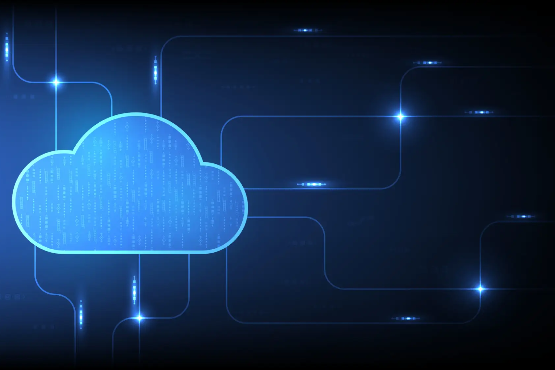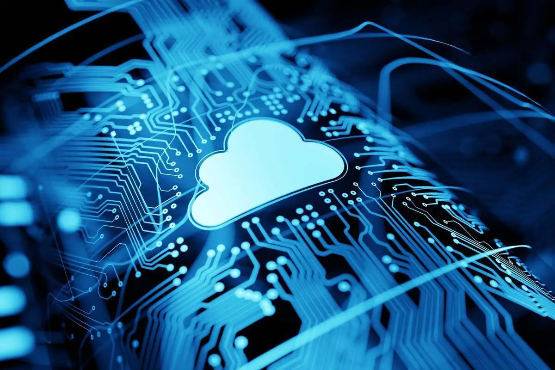Cloud Computing

Cloud Computing
Cloud accounting is a modern approach to managing financial records and transactions using internet-based software. Unlike traditional accounting systems that are installed on a local computer or server, cloud accounting software is hosted on remote servers and accessed through a web browser or mobile app. This method offers numerous benefits, making it increasingly popular among businesses of all sizes.


Accessibility and Collaboration: One of the primary advantages of cloud accounting is accessibility. Users can access their financial data anytime, anywhere, as long as they have an internet connection. This flexibility is particularly beneficial for businesses with remote employees or multiple locations. It also allows for real-time collaboration between accountants, bookkeepers, and business owners, improving efficiency and decision-making.
Cost-Effectiveness: Cloud accounting eliminates the need for expensive hardware, maintenance, and software updates, as these are managed by the service provider. Subscription-based pricing models also make it easier for businesses to manage their expenses, paying only for the features they need.
Security: Cloud accounting providers invest heavily in security measures to protect sensitive financial data. These measures typically include data encryption, secure access controls, and regular security audits. Data is also regularly backed up, reducing the risk of data loss due to hardware failures or other disasters.
Automation and Integration: Cloud accounting software often includes features that automate routine tasks such as invoicing, expense tracking, and bank reconciliation. These automation capabilities save time and reduce the risk of human error. Additionally, many cloud accounting platforms can integrate with other business applications, such as customer relationship management (CRM) systems and e-commerce platforms, providing a more comprehensive view of business operations.
Scalability: As a business grows, its accounting needs may become more complex. Cloud accounting solutions are highly scalable, allowing businesses to easily upgrade their plans or add new features as needed. This scalability ensures that the software can grow with the business, avoiding the need for costly and disruptive transitions to new systems.
Real-Time Reporting and Analytics: Cloud accounting provides real-time access to financial data, enabling businesses to generate up-to-date reports and gain insights into their financial performance. This real-time reporting capability is crucial for making informed business decisions and responding quickly to changing market conditions.
Compliance and Updates: Staying compliant with tax regulations and accounting standards is critical for any business. Cloud accounting providers regularly update their software to ensure compliance with the latest regulations. This automatic updating process eliminates the need for manual software upgrades and ensures that businesses always have access to the most current features and compliance tools. In summary, cloud accounting offers significant advantages in terms of accessibility, cost-effectiveness, security, automation, scalability, real-time reporting, and compliance. These benefits make it an attractive option for businesses looking to streamline their financial processes and improve overall efficiency.
